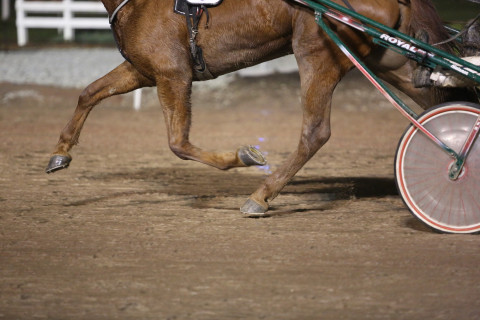A new study from the University of Eastern Finland shows that a bettor likely stays away from betting for a 27% longer time after a losing day than after a day on which they won or broke even. The study looked at how losing or winning on the previous betting day predicts how long it takes from a bettor to return to the next session of online horse race betting. The study also found that high wins or losses on the previous betting day do not predict the timing of the next betting session.
“A typical online horse race bettor seems to modify their betting behaviour according to how successful their previous betting day was. Earlier studies have found that bettors tend to reduce their stakes after a losing day. We were now able to show that a typical bettor also stays away from betting for a longer time after losing,” Early Stage Researcher Tuomo Kainulainen from the University of Eastern Finland says.
Published in Journal of Gambling Studies, the study used individual-level gambling account data. The researchers analysed the betting behaviour of more than 9,000 individuals in Finland who placed bets on the Finnish horse race betting operator Fintoto’s online betting platform in August 2012.
No differences in the betting behaviour of women and men after a losing day
A typical online horse race bettor in Finland is a 51-year-old male who lives in an urban area and places a bet approximately every four days. The average betting volume per day was 43 euros (roughly 50 US dollars) and the average net loss per day was 12 euros (roughly 14 US dollars).
The study also examined whether different groups of bettors identified in the data had a different reaction to a losing day. The researchers analysed the association of individual characteristics, such as age and gender, with the next betting session after a losing day. They found that after a losing day, inexperienced bettors are likely to stay away from betting for a longer time than experienced ones.
“Despite women engaging in online horse race betting less frequently than men, we find no difference in how these two groups modify their behaviour after a losing day,” Kainulainen points out.
The researchers found some differences in how different groups of bettors reacted to a losing day, but these differences were very small. The study suggests that all bettors, regardless of their individual characteristics, are likely to stay away from betting for longer after a losing day.
For further information, please contact:
Early Stage Researcher Tuomo Kainulainen, tel. +358 50 3774020, tuomo.kainulainen(at)uef.fi, UEF Connect https://uefconnect.uef.fi/en/person/tuomo.kainulainen/
Research article:
Tuomo Kainulainen. Does Losing on a Previous Betting Day Predict How Long it Takes to Return to the Next Session of Online Horse Race Betting? Journal of Gambling Studies. 2020. https://doi.org/10.1007/s10899-020-09974-x
